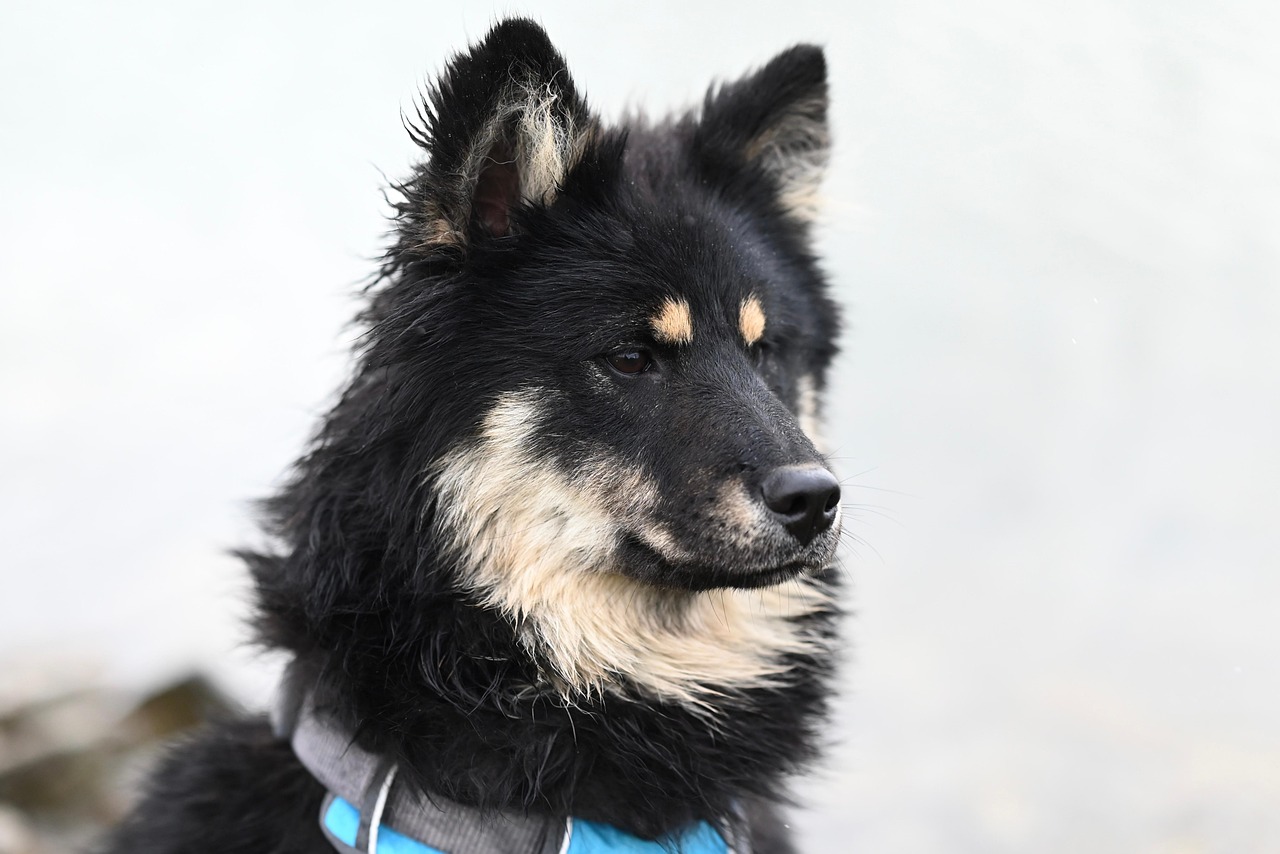Warum ist Hautpflege beim Baby so wichtig?
The delicate skin of a newborn is a marvel of nature, yet it remains fragile and vulnerable as it adjusts to the outside world. Unlike adult skin, a baby’s skin is much thinner, less developed, and highly sensitive to environmental factors and irritants. This makes specialized skincare not only beneficial but essential to promote healthy development, protect from infections, and avoid discomfort. Parents often find themselves navigating a maze of skincare products—from Aveeno to Mustela, Cetaphil to Burt’s Bees Baby—all promising to protect and soothe baby skin. But understanding the science behind baby skin and the importance of tailored care routines can empower caregivers to make informed choices, ensuring that their little ones thrive in comfort and health.
Research shows that baby skin is about 30% thinner than adult skin and possesses an immature protective barrier called the stratum corneum. This developmental stage renders new skin more prone to moisture loss, leading to dryness and irritations like diaper rash and eczema if neglected. In addition, the acid mantle—a crucial part of skin defense—is not fully established, making infants more susceptible to harmful microbes and environmental aggressors including UV radiation.
Recognizing these differences has motivated pediatric specialists like Johnson’s Baby and Eucerin to develop products with gentle, hypoallergenic formulas devoid of fragrances, parabens, and sulfates. Beyond creams and lotions, proper routines involving mild cleansing, moisturizing, and sun protection become pillars of infant skincare. Additionally, maintaining adequate temperature regulation and protecting the diaper area from prolonged moisture exposure are vital steps in preventing common neonatal skin problems.
Amid this knowledge, parents preparing for birth can find valuable guidance in resources such as the most important preparations for birth and what to pack in the hospital bag. Educating oneself about the particular needs of baby skin and the best care practices is a crucial step in fostering a safe and healthy start for newborns.
Understanding Baby Skin: Why Specialized Skincare Matters for Your Newborn
At birth, a baby’s skin differs substantially from that of adults in terms of structure, function, and vulnerability. The epidermis, or the outermost layer, is approximately 30% thinner in infants, meaning it functions less effectively as a protective shield. This thinness results in greater permeability, causing baby skin to lose moisture rapidly, which predisposes to dryness and irritation without adequate hydration.
Furthermore, the skin layers beneath the epidermis—namely the dermis and subcutaneous tissue—are still developing. The dermis houses collagen and elastin fibers responsible for strength and elasticity; in babies, these are not yet fully mature. The subcutaneous fat layer, crucial for insulation and protection, is also not fully developed, contributing to greater sensitivity to temperature fluctuations and mechanical impacts.
Critically, baby skin has lower activity of sebaceous glands, resulting in reduced lipid production that otherwise helps form the protective hydro-lipid film. This contributes to a near-neutral pH (~7) in newborn skin compared to the more acidic environment (~pH 5.5) in adults, which helps inhibit pathogenic bacteria. Since this acid mantle is immature, infants are at a heightened risk of infections like diaper dermatitis and other inflammatory conditions.
Given these characteristics, the selection of skincare products demands special attention. Parents should choose options that:
- Are hypoallergenic to avoid allergic contact dermatitis.
- Contain no fragrances or parabens, as these can irritate delicate skin.
- Use mild, pH-neutral cleansers that support natural skin balance.
- Provide adequate hydration without clogging pores, often via ingredients like glycerin or natural oils.
- Include physical UV filters (e.g., zinc oxide) for sun protection without harmful chemicals.
Brands that meet these criteria include Mustela and Dove Baby, which have spent years formulating products attuned to infant needs. These choices not only maintain skin health but also support its maturation into a more resilient barrier over time.
For example, consider the routine use of a moisturizing lotion like those from Aveeno. These products contain colloidal oatmeal and natural emollients that soothe and fortify the skin. Cleansing is best performed with gentle, soap-free options such as Cetaphil baby cleansers, which avoid stripping essential moisture. Protecting the diaper area with barrier creams from Aquaphor or calamine zinc oxide helps prevent and ease diaper rash, a prevalent issue caused by persistent moisture and friction.
| Skin Characteristic | Baby Skin | Adult Skin | Implication for Care |
|---|---|---|---|
| Thickness of Epidermis | 30% thinner | Thicker, multi-layered | Requires gentle handling and products |
| Lipid (Sebaceous) Gland Activity | Low activity | High activity | Need for external moisture and lipid supply |
| Sweat Gland Activity | Reduced | Well developed | Temperature regulation caution necessary |
| Acid Mantle pH | Nearly neutral (about 7) | More acidic (about 5.5) | Greater infection risk, needs pH-neutral care |
| Melanin Content | Low | Higher | Vulnerable to UV, needs sun protection |
Creating a Safe and Effective Baby Skincare Routine: Practical Tips and Product Insights
Establishing a nurturing skincare routine for a baby can feel daunting but is incredibly beneficial for both infant health and parental bonding. Pediatric dermatologists recommend simple, consistent care that focuses on hydration, cleansing, protection, and minimizing irritants.
A typical daily routine might involve:
- Morning cleansing: Use a mild, soap-free cleanser from trusted brands like Johnson’s Baby or SheaMoisture to gently clean the face and body without stripping natural oils.
- Diaper area hygiene: Change diapers frequently to prevent prolonged moisture exposure. Clean the area with fragrance-free wipes or warm water and soft cloth. Applying a barrier cream such as those from Aquaphor helps shield the skin.
- Moisturizing: Apply a lightweight, hydrating lotion like Eucerin Baby or Burt’s Bees Baby to maintain moisture balance, especially after bathing.
- Sun protection: If outdoors, protect with physical sunscreen products designed for babies with zinc oxide or titanium dioxide, such as specialized Mustela formulations.
Bathing frequency is recommended at once or twice a week to avoid over-drying the baby’s fragile skin. Using a mild pH-balanced bath additive or no soap is preferable. After bathing, thoroughly but gently dry the child’s skin and promptly apply a moisturizer to lock in hydration.
Preventing diaper rash is a significant part of baby skincare. Frequent diaper changes, ensuring the diaper fits well, and allowing diaper-free periods enable skin to breathe. Products that are trusted for tackling diaper dermatitis include creams with zinc oxide or petrolatum; Aquaphor and Mustela are commonly recommended by healthcare professionals.
Maintaining temperature is also key since babies have immature sweat glands and are prone to overheating or chilling. Dressing the infant in breathable, lightweight fabrics helps regulate body heat safely.
| Step | Recommended Practice | Product Examples | Purpose |
|---|---|---|---|
| Cleansing | Use mild, fragrance-free soap or cleanser | Cetaphil Baby, Johnson’s Baby | Remove impurities without irritation |
| Moisturizing | Apply lotion or cream to retain hydration | Burt’s Bees Baby, Eucerin Baby | Maintain skin softness and barrier function |
| Diaper Care | Frequent changes and barrier creams | Aquaphor, Mustela Diaper Care | Prevent diaper rash and irritation |
| Sun Protection | Use mineral sunscreens with physical blockers | Mustela Sun Care, Aveeno Baby Sunscreen | Protect against UV damage |
This structured approach adapts as your baby grows, responding to changes such as seasonal effects and skin condition fluctuations. Parents can consult pediatricians or dermatologists to tailor routines, especially if issues like eczema emerge.
Common Baby Skin Problems and How Specialized Care Can Prevent and Treat Them
Despite meticulous care, many infants experience occasional skin challenges. Understanding these common conditions and their prevention is pivotal for parents.
- Diaper Rash (Irritant Contact Dermatitis): Prolonged moisture, friction, and exposure to urine and feces cause redness, soreness, and sometimes secondary infections. Keeping the area dry and applying protective barrier creams like Aquaphor zinc oxide ointments is essential.
- Baby Eczema (Atopic Dermatitis): Characterized by dry, itchy patches, eczema is often influenced by genetic and environmental factors. Using fragrance-free, gentle moisturizers such as Cetaphil Baby can soothe and protect affected areas.
- Cradle Cap (Seborrheic Dermatitis): Flaky, scaly patches on the scalp are common but may require special shampoos or emollients.
- Heat Rash (Miliaria): Caused by sweat blockage in immature sweat glands, this rash can be prevented by avoiding overheating and dressing babies in breathable fabrics.
Timely interventions prevent complications, and parents should avoid adult skincare products that might contain harsh chemicals or fragrances. Choosing baby-targeted products like Dove Baby or Mustela reduces the risk of irritations and allergic reactions.
If persistent or severe skin symptoms appear, consulting pediatricians remains crucial. Many skincare lines now offer targeted therapeutic products informed by pediatric dermatology research, supporting gentle but effective treatment options.
| Skin Condition | Causes | Symptoms | Recommended Care Products |
|---|---|---|---|
| Diaper Rash | Moisture, friction, irritants | Red, sore, inflamed skin in diaper area | Aquaphor zinc oxide cream, Mustela barrier creams |
| Baby Eczema | Genetic predisposition, dry skin | Dry, itchy, inflamed patches on skin | Cetaphil Baby moisturizer, Eucerin Baby soothing creams |
| Cradle Cap | Excess oil, yeast overgrowth | Flaky scalp patches | Specialized shampoos, gentle oils |
| Heat Rash | Blocked sweat glands | Red bumps, irritation in heat-exposed areas | Loose clothing, gentle cooling measures |
Choosing the Right Baby Skincare Products: What to Avoid and What to Prioritize
Selecting products for a newborn’s skin can be overwhelming given the plethora of options on the market. Knowing what to avoid and what to look for ensures safer skincare decisions.
Ingredients to avoid in baby skincare:
- Parabens: Used as preservatives, parabens may irritate sensitive skin and have raised concerns about hormonal disruption.
- Fragrances: Synthetic scents frequently cause allergic reactions or irritation.
- Sulfates (e.g., Sodium Lauryl Sulfate): These detergents can strip natural oils and damage the skin barrier.
- Phthalates: Often found in fragrances and plasticizers, these chemicals can have endocrine-disrupting effects.
- Silikones: These form occlusive films that might interfere with natural skin respiration and are generally unnecessary for baby products.
- Artificial dyes: Can be allergenic and are avoidable.
Instead, parents should opt for:
- Hypoallergenic and dermatologically tested products specifically formulated for infant use.
- Natural ingredients such as oatmeal extracts, aloe vera, and calendula known for soothing properties.
- Mild, pH-balanced cleansers and moisturizers designed to restore and maintain the skin barrier.
Trusted brands frequently recommended by pediatricians include Aveeno, Eucerin, and Mustela. Using their baby ranges helps parents provide protective care without unnecessary risks. Moreover, consulting expert materials—such as the helpful birth preparation guides at Marianne’s Kinderladen—can support aware choices.
Understanding ingredient labels empowers consumers to avoid common pitfalls and maintain their baby’s delicate skin’s health with confidence.
Brands like Babies R Us often stock carefully curated selections tailored for newborn skin care essentials, making shopping easier for new parents. Choosing reliable stores that prioritize safety and transparency can be as crucial as selecting the right products.
FAQ About Baby Skincare: Essential Answers for New Parents
- Q: How often should I bathe my newborn to protect their skin?
A: Bathing once or twice a week with gentle, pH-neutral products is generally sufficient. Excessive bathing can strip natural oils and dry out baby skin. - Q: Are adult skincare products safe for babies?
A: Adult products often contain fragrances, alcohol, and harsh chemicals unsuitable for baby skin and should be avoided. - Q: What is the best way to prevent diaper rash?
A: Frequent diaper changes, cleaning the area gently, applying barrier creams like Aquaphor, and using highly absorbent diapers are key practices. - Q: When should I consult a pediatrician about my baby’s skin?
A: If you observe persistent dryness, redness, rash, or signs of infection, seek professional advice promptly. - Q: Can sunlight harm my baby’s skin?
A: Yes, since baby skin has low melanin, it’s very sensitive to UV rays. Use mineral-based sunscreens and protective clothing when outside.














Kommentar veröffentlichen